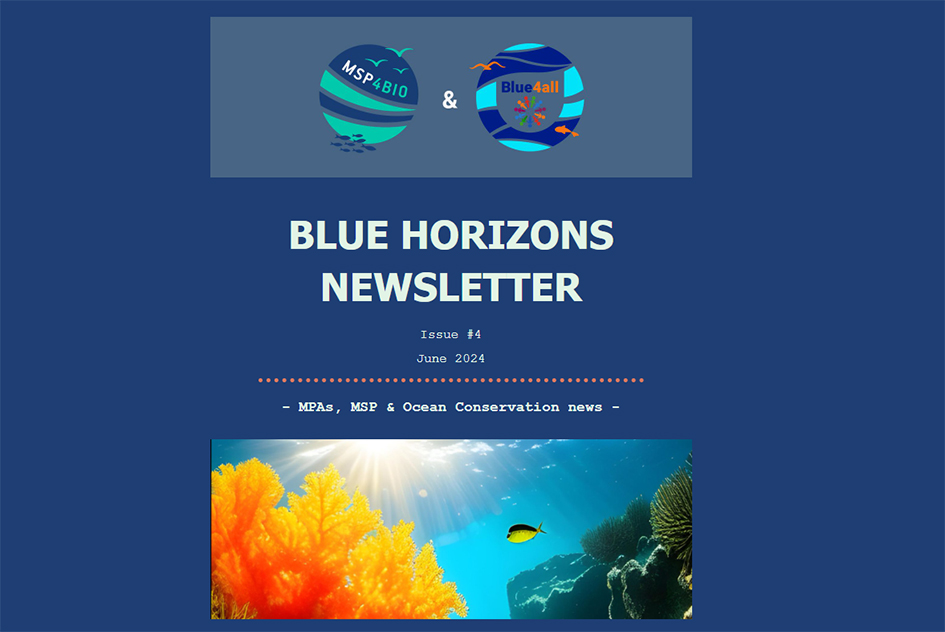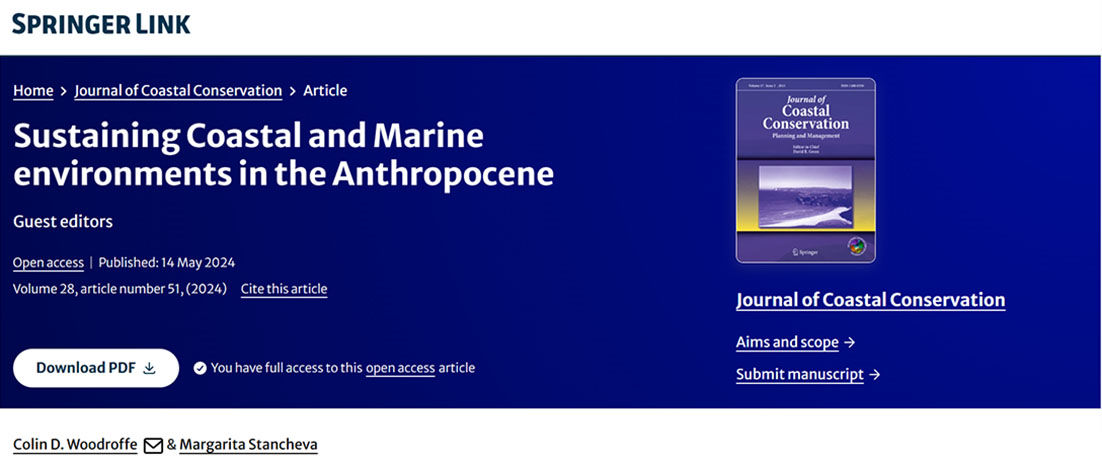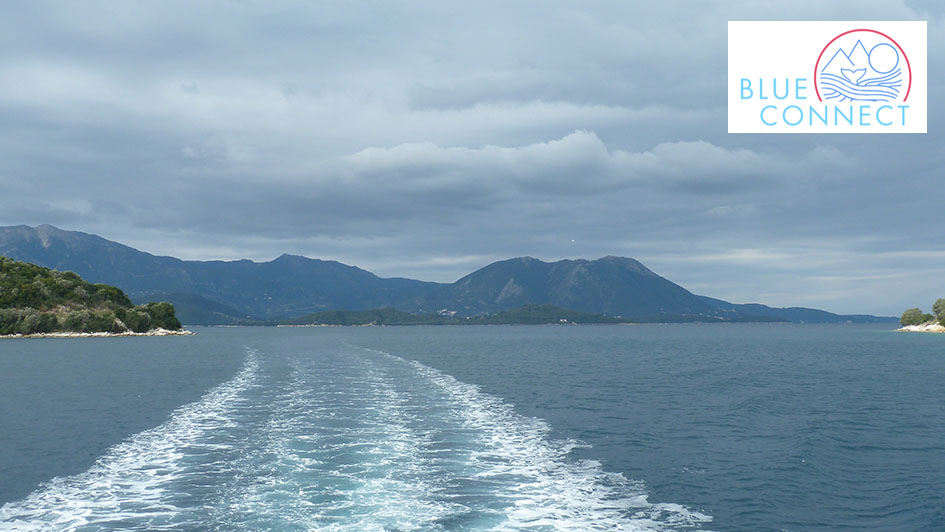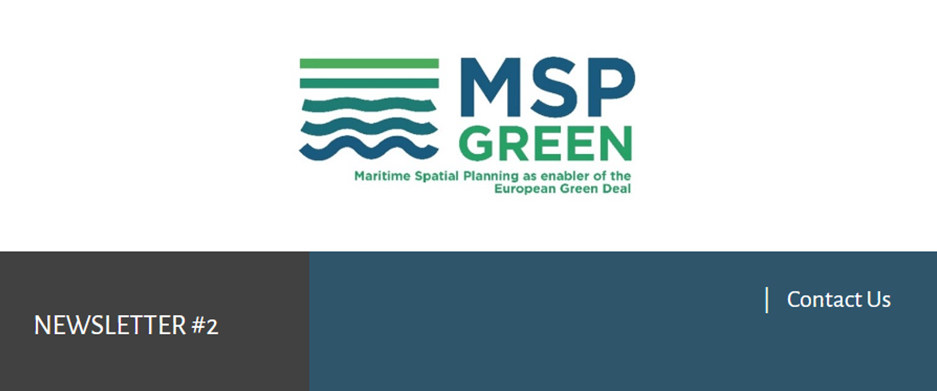News
WELCOME TO THE FOURTH ISSUE OF THE BLUE HORIZONS NEWSLETTER!

In the fourth issue of the Blue Horizons Newsletter you can find many updates from each project, as well as joint news like the soon to launch networking space for MPA managers and stakeholders, the outcomes of our roleplaying game at the UN Ocean Decade event, echoes of the Black Sea Basin Workshop under the three sister projects MSP-GREEN, MSP4BIO and MPA Europe, and our contributions to the key action points for marine protection in the Eastern Baltic.
We also bring news from our sister project MPA Europe and the exciting announcement of a new project that kicked off last May on MPAs in the Arctic-Atlantic.
Enjoy the read and thanks for helping us work towards the restoring and conservation of our Ocean.
https://archive.newsletter2go.com/?n2g=yk6t7887-yanejt8n-16pa
Brief Communication Paper: Sustaining Coastal and Marine Environments in the Anthropocene

CCMS Director Dr. Margarita Stancheva and CCMS Advisory Committee Member Prof. Colin D. Woodroffe are Guest Editors of the Journal of Coastal Conservation Special Issue that address topics related to sustaining coastal and marine environments in the Anthropocene.
Coastal environments are places of abundant resources and natural beauty. They are highly valued by people and are consequently under pressure with burgeoning populations, also providing substantial cultural and recreational amenities. Human activities are directly impacting coastal and marine ecosystem services through pollution and degradation. Coastal and adjacent marine zones are threatened by natural and anthropogenic activities in the catchments. The low-lying plains associated with deltas and estuaries support ever-increasing populations engaged in agriculture, fishing, aquaculture, and industrial activities. Rapid urbanization is being experienced with many of the world’s megacities on deltas associated with big rivers; deltaic cities are home to more than 150 million people and seem likely to exceed 200 million in the next two decades.
Read more: Brief Communication Paper: Sustaining Coastal and Marine Environments in the Anthropocene
CCMS PARTICIPATES IN THE NEW EU HORIZON EUROPE PROJECT BLUE CONNECT TO START IN SEPTEMBER 2024
BLUE CONNECT: Strict protection, restoration and co-management of Marine Protected Areas to ensure effective ecosystem conservation and improved connectivity of Blue Corridors

Project duration:
- 42 months | September 2024 - March 2028
Project call:
- HORIZON-MISS-2023OCEAN-01
The BLUE CONNECT project addresses the urgent need to protect and restore marine habitats and ecosystems and to reach ambitious EU and global protection and restoration targets by 2030. Together with Marine Protected Area (MPA) managers, authorities, industries, and local communities from 12 Demonstration sites and beyond, BLUE CONNECT is co-developing, promoting, and demonstrating a systematic approach to marine conservation planning and management.
The second MSP-GREEN Newsletter is out!
We welcome you to read on the second MSP-GREEN project quarterly Newsletter finalizing the project implementation year of 2023!
Discover latest insights and reflections on the already carried and upcoming MSP-GREEN project events and activities. It is time to take a step further on the flourishing maritime spatial planning path towards greener Europe!
More information: https://mspgreen.eu/
To stay updated regularly, follow the MSP-GREEN social media accounts on LinkedIn, Twitter, Facebook!

